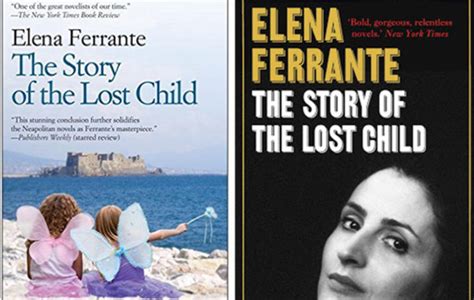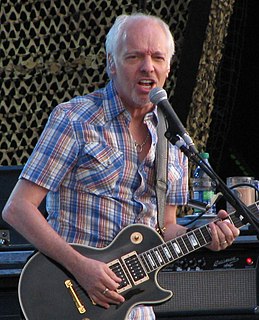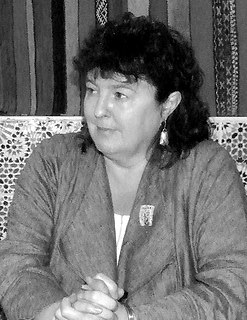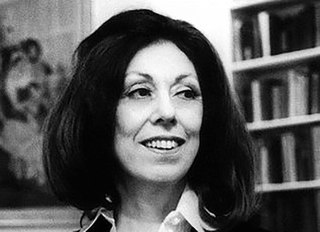A Quote by Elena Ferrante
At most, I may write when I am disturbed by something. I have recently discovered the pleasure of finding written answers to written questions.
Related Quotes
Everything I have written up to now is trifling compared to that which I would like to write and would write with great pleasureEither I am a fool and a self-conceited person, or I am a being capable of becoming a good writer; I am displeased and bored with everything now being written, while everything in my head interests, moves, and excites me-whence I draw the conclusion that no one is doing what is needed, and I alone know the secret of how it should be done. In all likelihood everyone who writes thinks that. In fact, the devil himself will be brought to his knees by these questions.
Well, I hate it when authors come into a school and they say to kids, 'Write from your heart, only write what you know, and write from your heart.' I hate that because it's useless. I've written over 300 books - not one was written from my heart. Not one. They were all written for an audience, they were all written to entertain a certain audience.
Myths, whether in written or visual form, serve a vital role of asking unanswerable questions and providing unquestionable answers. Most of us, most of the time, have a low tolerance for ambiguity and uncertainty. We want to reduce the cognitive dissonance of not knowing by filling the gaps with answers. Traditionally, religious myths have served that role, but today — the age of science — science fiction is our mythology.
There are three sorts of pleasures which are advantageous, and three which are injurious. Finding pleasure in the discriminating study of ceremonies and music, finding pleasure in discussing the good points in the conduct of others, and finding pleasure in having many wise friends, these are advantageous. But finding pleasure in profligate enjoyments, finding pleasure in idle gadding about, and finding pleasure in feasting, these are injurious.







































